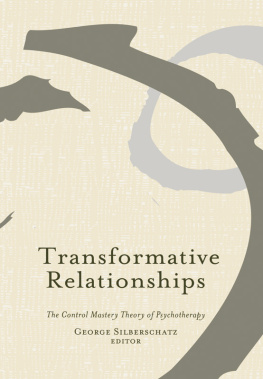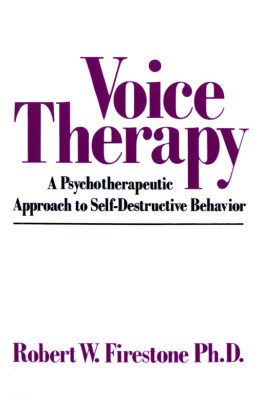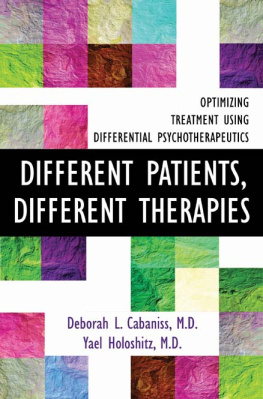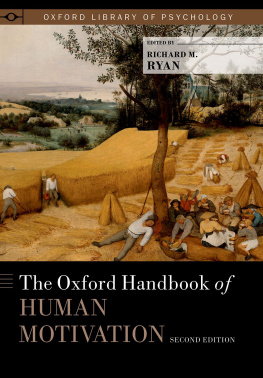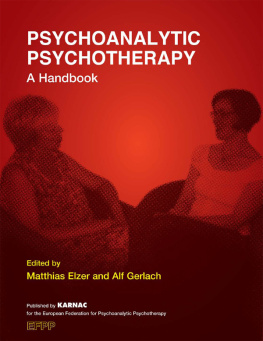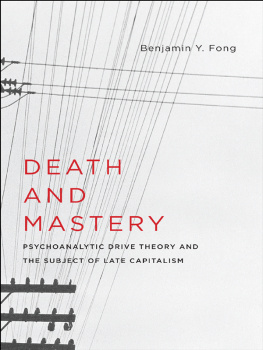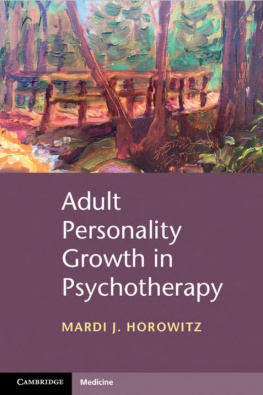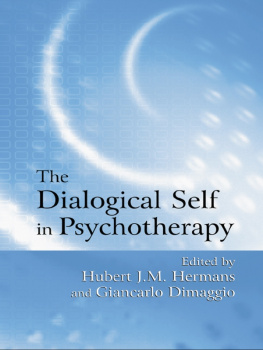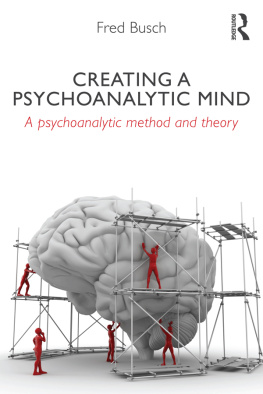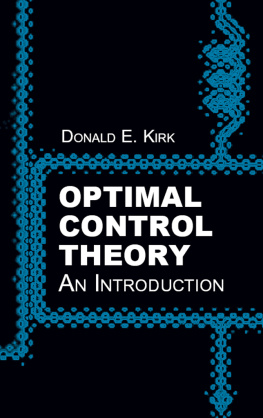
NEW YORK AND HOVE
Cover design: Sarah Figueroa
Published in 2005 by
Routledge
Taylor & Francis Group
270 Madison Avenue
New York, New York 10016
www.routledgementalhealth.com
Published in Great Britain by
Routledge
Taylor & Francis Group
27 Church Road
Hove, East Sussex
BN3 2FA U.K.
www.routledgementalhealth.co.uk
Copyright 2005 by Taylor & Francis Books, Inc.
Routledge is an imprint of the Taylor & Francis Group.
Printed in the United States of America on acid-free paper.
All rights reserved. No part of this book may be reprinted or reproduced or utilized in any form or by any electronic, mechanical, or other means, now known or hereafter invented, including photocopying and recording, or in any information storage or retrieval system, without permission in writing from the publishers.
10 9 8 7 6 5 4 3 2 1
Library of Congress Cataloging-in-Publication Data
Transformative relationships: the control-mastery theory of
psychotherapy / edited by George Silberschatz.1st ed.
p. cm.
Includes bibliographical references and index.
ISBN 0-415-95027-9 (hb : alk. paper)
1. Psychoanalysis. 2. Psychotherapy. I. Silberschatz, George, 1950
II. Title.
RC506.T724 2005
616.8914dc22
2004017071
To my teachers,
students, and patients
with gratitude for all
that you have taught me.
TABLE OF CONTENTS
GEORGE SILBERSCHATZ |
GEORGE SILBERSCHATZ |
JOSEPH WEISS |
MARSHALL BUSH |
JOHN T. CURTIS AND GEORGE SILBERSCHATZ |
POLLY BLOOMBERG-FRETTER |
HAROLD SAMPSON |
KATHRYN PRYOR |
JOHN BUGAS AND GEORGE SILBERSCHATZ |
ROBERT SHILKRET AND SARA A. SILBERSCHATZ |
GEORGE SILBERSCHATZ |
GEORGE SILBERSCHATZ |
CONTRIBUTORS
Polly Bloomberg-Fretter, Ed.D., is a clinical psychologist in private practice in Berkeley, California. As a 25-year veteran of the San Francisco Psychotherapy Research Group, she is a psychotherapy researcher as well as a clinician and participates in a variety of clinical and research studies of psychotherapy.
John Bugas, Ph.D., has been a member of the San Francisco Psychotherapy Research Group for over 18 years. He currently has a private practice in Sacramento, California.
Marshall Bush, Ph.D., is Clinical Director of the San Francisco Psychotherapy Research Group and a teaching and training analyst at the San Francisco Psychoanalytic Institute. He has a private practice in San Francisco.
John T. Curtis, Ph.D., is a clinical professor in psychiatry at the University of California, San Francisco, School of Medicine; a member of the San Francisco Psychotherapy Research Group; and has a private practice in San Francisco.
Kathryn Pryor, Ph.D., is a psychotherapist in private practice in Menlo Park, California. She has been an active member of the San Francisco Psychotherapy Research Group for over 10 years.
Harold Sampson, Ph.D., is a member of the San Francisco Psychoanalytic Institute; president of the San Francisco Psychotherapy Research Group; Emeritus Clinical Professor in Psychiatry at the University of California, San Francisco, School of Medicine; and has a private practice in San Francisco. He is coauthor of The PsychoanalyticProcess and has published numerous articles on psychopathology and psychotherapy.
Robert Shilkret, Ph.D., is the Norma Cutts Dafoe Professor of Psychology at Mount Holyoke College and visiting professor at the Smith College School for Social Work. His research includes the influence of family history variables on college adjustment and many of his studies examine the role of guilt, considered from a control-mastery perspective.
George Silberschatz, Ph.D., is a clinical professor in psychiatry at the University of California, San Francisco, School of Medicine and a member of the San Francisco Psychotherapy Research Group. He was codirector of the National Institute of Mental Health-funded psychotherapy research project at Mount Zion Hospital and has published extensively in the areas of psychotherapy and psychotherapy research. He maintains a private practice in San Francisco.
Sara A. Silberschatz, B.A., recently graduated from New York University with a degree in psychology.
Joseph Weiss, M.D., was chairman of the San Francisco Psychotherapy Research Group and training and supervising analyst at the San Francisco Psychoanalytic Institute. He published two books and numerous articles on his theory of how psychopathology develops and how psychotherapy works. He died in November 2004, just prior to the publication of this book.
ACKNOWLEDGMENTS
My 30-year professional relationship with Harold Sampson, Joseph Weiss, and the San Francisco Psychotherapy Research Group (formerly known as the Mount Zion Psychotherapy Research Group) was the impetus for the publication of this book. It has been a privilege to be part of such a lively, stimulating, and intellectually exciting group of clinicians and researchers. So much of my clinical, theoretical, and research thinking has been influenced by this long, productive collaboration that it is practically impossible to separate out my original or distinctive contributions. In presenting and teaching these theoretical and clinical concepts, I have often been told, this is such an innovative, powerful theory of therapy, it should be more accessible. This book is part of my effort to make the work available to a wider audience.
A number of people read and critiqued various chapters. Their thoughtful comments and suggestions improved both the substance and clarity of the book. With appreciation and gratitude, it is a pleasure to acknowledge the contributions of Polly Bloomberg-Fretter, Suzaane Brumer, Marshall Bush, Marcia Caval, Melanie Clark, Sandra Cohen, Alan Dreyfus, Lewis Engel, Ken Frankel, Heather Folsom, Steve Foreman, John Gibbins, Helene Goldberg, Susan Packer, Arlene Rothschild, Cynthia Shilkret, Robert Shilkret, Sara A. Silberschatz, Molly Sullivan, Linda Tetzlaff, Richard Tuite, and Steve Weintraub. I am especially grateful to my daughter, Sara A. Silberschatz, who read and edited every chapter, spent many hours discussing my ideas and how to present them more clearly, and who took primary responsibility for bringing it all together in the end. My wife, Diana Owyang, lent loving support, encouragement, and her eagle eye throughout the process. Finally, I wish to thank the editorial and production staff at Brunner-Routledge for their hard work, diligence, and professionalism.
was originally published by Horowitz et al. (1978) and is reproduced by permission of the American Psychological Association.
INTRODUCTION
George Silberschatz
In 1952, Joseph Weiss published a short, one-page paper called Crying at the Happy Ending (Weiss, 1952) in which he sought to explain why a person often cries at the happy ending of a sad movie rather than at the saddest point of the film. Weiss proposed that during the saddest parts of the film the moviegoer is in danger of feeling overwhelmed by sadness and consequently suppresses it. At the happy ending, when the viewer no longer has reason to feel sad, she unconsciously decides that it is safe to experience her emotions and lifts her defenses against the warded-off sad feelings.

